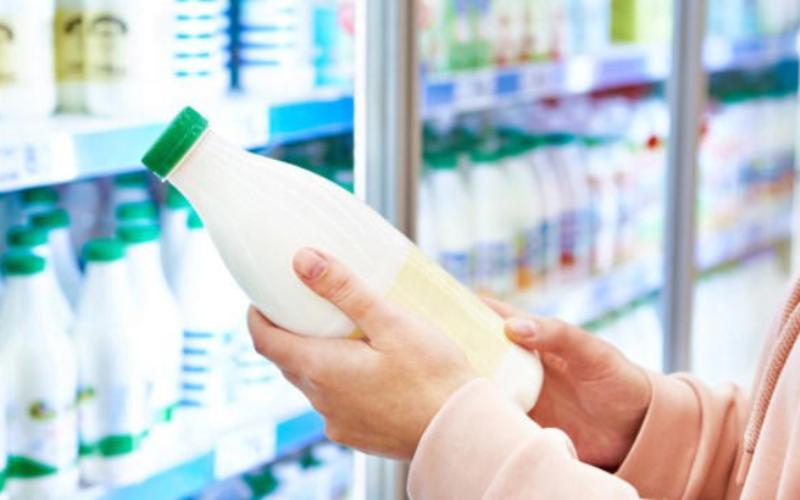Dairy Crisis in Panama: Imports Halted Amidst Producer Protests

Producers argue that suspending quotas ignores the need to protect local dairy production. They assert that the influx of products such as powdered milk and other substitutes from abroad depresses the price of domestic milk, leading to a drop in income that makes their farming unsustainable. This situation also discourages investment, genetic improvement, and farm expansion.
The Panamanian government, while its position isn't explicitly detailed in the article, typically defends such measures as ways to ensure supply and stabilize consumer prices. The import quota suspension might be portrayed as a tool to prevent shortages or offer more affordable prices to the populace. This tension highlights the complex dilemma of safeguarding domestic markets versus responding to consumer demand.
The repercussions of this crisis extend beyond just the producers in the field. If dairy farms are forced to cut back on production, it would have a domino effect across the entire dairy value chain, impacting collection centers, processing plants, and, ultimately, the rural economy. The sustainability of Panama's dairy industry, a cornerstone of the country’s food sovereignty, is at stake.
To navigate this uncertainty, a balanced solution is crucial. Producers call for policies that not only guarantee fair prices for their milk but also curb the influx of unfavorably competitive products. Achieving a consensus between the productive sector and the government is vital for finding a path that safeguards national production and secures the long-term stability of the dairy sector.










